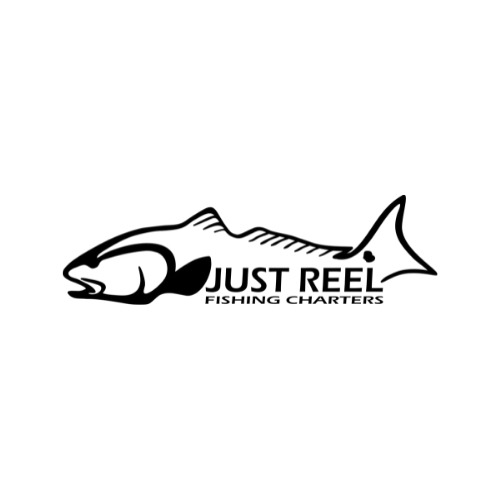Thanks to calm sunny days with temperatures in the 80s and then a recent cold front dropping temps into the 50s, our weather is consistently inconsistent, however the fishing around Anna Maria Island is holding true for February — as long as you can make it out on the water.
Typically, February around Anna Maria Island means it’s sheepshead season. And despite the crazy temperature fluctuations and fronts, the sheepshead are here.
To find these little buck-toothed barnacle grazers, visit the artificial reefs, wrecks and rock piles in both Tampa Bay and the Gulf of Mexico. If you want to stay closer to shore, the Rod & Reel Pier, residential docks and bridges are holding fish, too.
Sheepshead love crustaceans — shrimp, fiddler crabs, and sand fleas. You’ll have to go out and catch fiddler crabs and sand fleas yourself, but if you’re in a hurry or don’t have a secret bait spot to collect them, shrimp will work just fine to entice the convict striped fish to take the hook.
If you’re looking to target other species, try fishing residential canals. The water is typically warmer in the canals, plus, they are usually sheltered from the wind, and canals are generally deeper than the surrounding waters, which can provide a more consistent habitat for the fish when we have such drastic temperature fluctuations.
Try casting live shrimp on a weighted rig along seawalls, under docks and even around mangroves hanging over the water. You’ll most likely find the catch-and-release trio of redfish, snook, trout along with black drum, sheepshead and flounder. Not bad for practically fishing in someone’s backyard.
On a conservation note, the Florida Fish and Wildlife Conservation Commission (FWC) released an executive order this past week that extends catch-and-release measures for snook, red drum and spotted seatrout for an additional year in areas impacted by red tide that occurred in late 2017 through early 2019. All three species will remain catch-and-release through May 31, 2021, in all waters from the Hernando/Pasco county line south through Gordon Pass in Collier County. These temporary regulation changes were made to help conserve these popular inshore species. For more information visit: https://content.govdelivery.com/accounts/FLFFWCC/bulletins/27cb1ef

